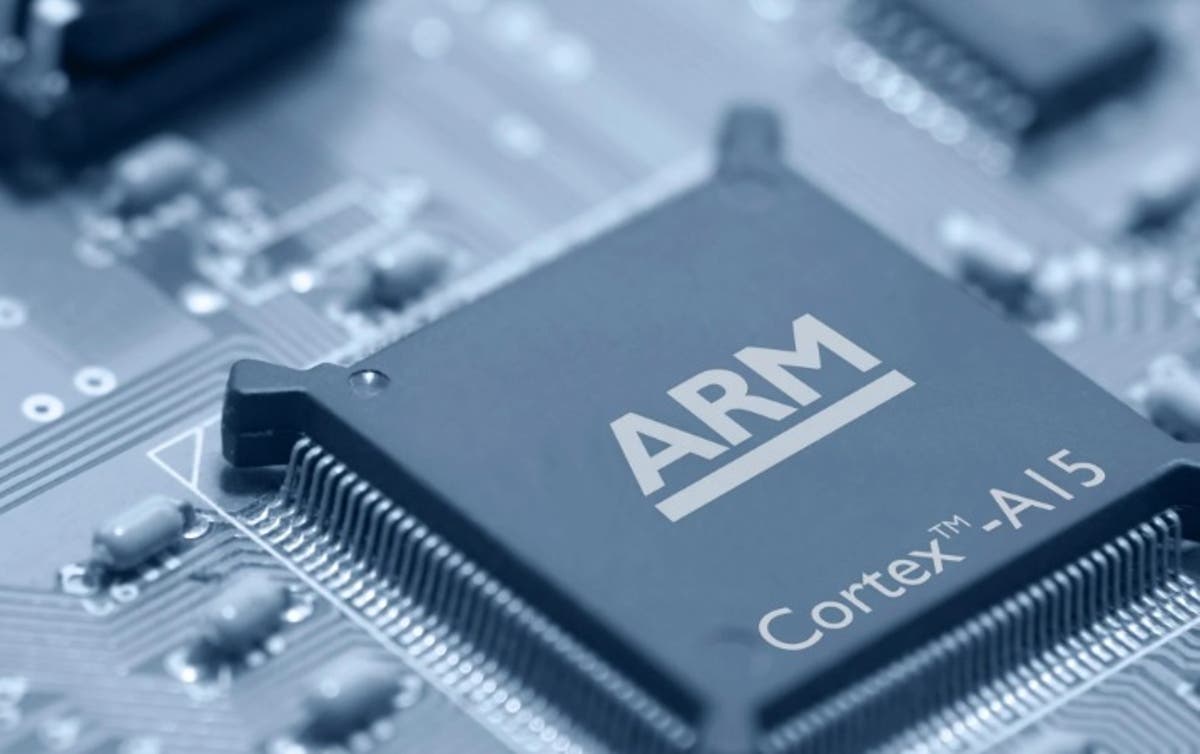It could be worse, it could be Apple.
Not really, for Apple has nothing they want out of it. Since Apple controls the software stack, and you can buy an indefinite license to ARM version number if you make your own chips the only advantage of Apple owning this is future ARM features that they did not buy the license for. The thing is that works both ways where Apple can always add new stuff that is not part of the official ARM architecture.
Apple does not need ARM like at all (more than they already have as a current relationship) and you can't really buy ARM and extort Apple for the already existing licenses apple has already bought an indefinite contract for.
And Apple owning ARM and raising prices for everyone else will be seen as anti-competitive and will definitely invite anti-trust. There are just some ways you can't make money in this world, it is not completely "free" and that is a good thing.
Samsung and Qualcomm are at least as bad as Nvidia. Then there is the firms that would just buy it to break it up and sell it on.
Really I don't see any of the prospective buyers being any good.
A group of owners who would all have minority share buying ARM would as a good thing for ARM is good for the industry by having a unified instruction set and basic designs that anyone can make. Likewise companies like Qualcomm and Samsung could innovate on top of this. Then again in the last 7 or so years Qualcomm and Samsung have not been innovating for the base ARM designs for the big cores have been so good compared to what Qualcomm and Samsung have designed.
Samsung has designed faster stuff but it is not energy efficient taking way too much power for this faster stuff. (Also not die efficient but that is a lesser concern.) Thus Samsung has been buying 3rd party chips for more than half the phones they ship.
Likewise Qualcomm used to make superior chips compared to ARM prior to 64 bit (v8 instruction set), but for the last few years Qualcomm has been taking the default ARM cores and just swapping a few parts preferring the energy efficient ways of building the chip to the point you can say they are almost generic ARM cores but not literally ARM generic cores.
Shrug due to how the licensing works with ARM there is no obvious great buyer for it. (This is a good thing for the industry for it prevents predatory behavior where people pull a Vader and change the nature of past agreements.)





